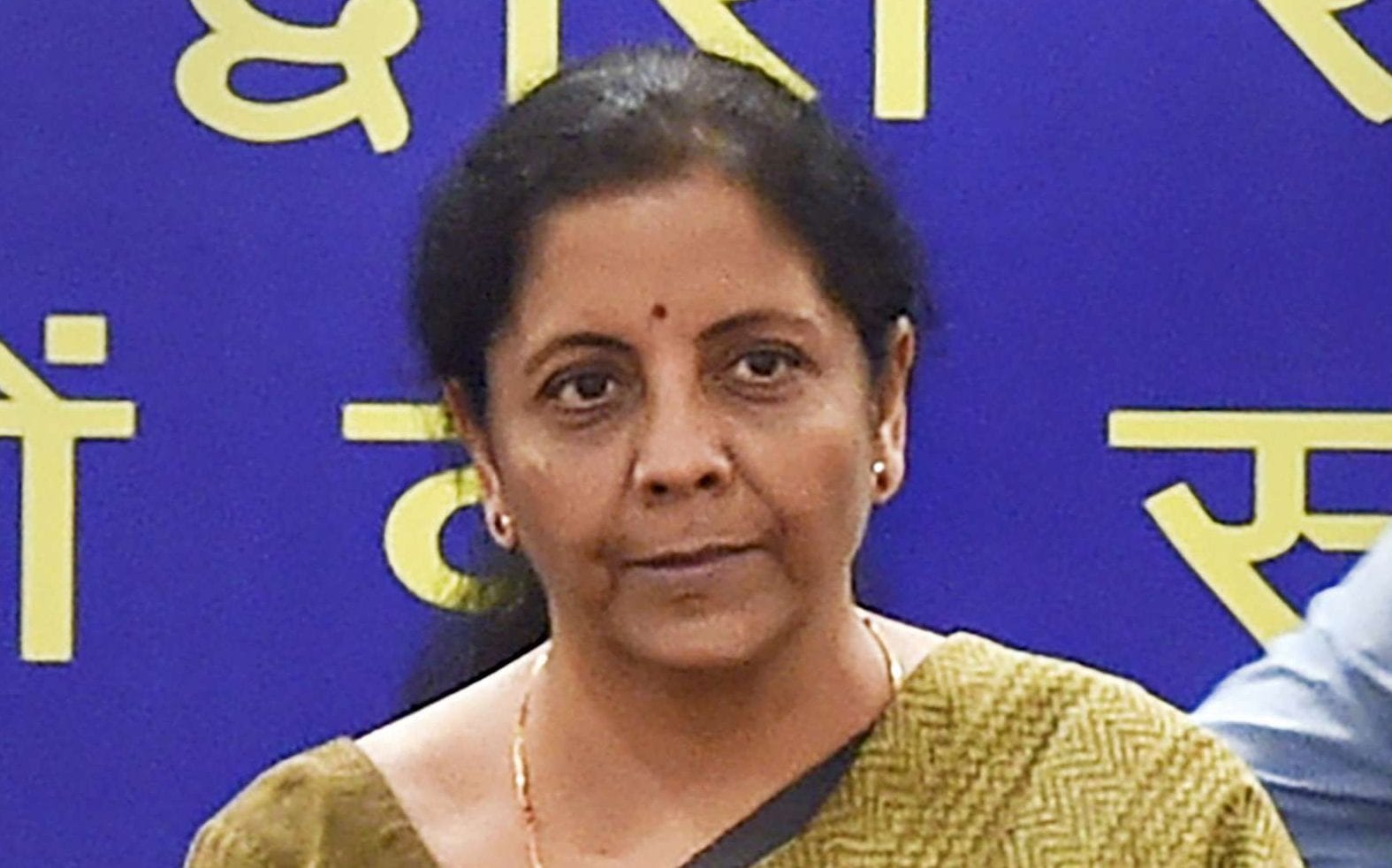
Nirmala talks of 'fundamental reforms' after husband's critique on economy
Embracing the PV Narasimha Rao-Manmohan Singh economic architecture could help the union government steer the country’s economy out of its present slowdown, advised political economist Parakala Prabhakar, who is also the husband of Finance Minister Nirmala Sitharaman.

Embracing the PV Narasimha Rao-Manmohan Singh economic architecture could help the BJP-led union government steer the country’s economy out of its present slowdown, advised noted political economist Parakala Prabhakar, who is also the husband of Finance Minister Nirmala Sitharaman.
Thereafter, Sitharaman responded to her husband’s article, saying that from 2014 till 2019, the government has done fundamental reforms. Saying so, she also listed out the measures taken by the government like the implementation of Goods and Services Tax (GST) and the Aadhaar, reported NDTV.
In an opinion piece published in The Hindu on Monday (October 14), Prabhakar listed out the statistics that clearly indicate, according to him, to an economic slowdown — unemployment at a 45-year high, GDP growth at six-year low, net exports have shown little of no growth, among others.
Pointing out at the saffron party has not challenged or rejected Rao’s 1991 architecture, the 60-year-old former communications adviser to the Andhra Pradesh government wrote in his article ‘A lodestar to steer the economy’, “A full-fledged embrace and an aggressive pursuit of it even now could provide the BJP and the government led by Prime Minister Narendra Modi a lodestar to steer the economy out of the choppy waters it is in at present.”
Otherwise, he warned, “macroeconomic thought leadership will continue to be offered to the BJP by the shouting analysts on television and in WhatsApp forwards.”
Also read | Too early and little data to indicate economic revival yet
Prabhakar was referring to the massive shift that occurred in 1991 that led to the liberalisation of the country’s economic policies, expanding the role of private and foreign investments.
In his article, Prabhakar also criticised the BJP for attacking the Nehruvian economic framework, saying “The party’s economic ideology and its articulation were limited to mainly critiquing the Nehruvian model from the fringes of the political spectrum…In economic policy, the party mainly adopted ‘Neti Neti (Not this, Not this’), without articulating what was its own ‘Niti (policy’).”
He further highlighted a rather arrogant feature of the BJP while pointing out the party’s “unwillingness to take its eye off the Nehruvian policy framework ball, which it continues to critique.”
“The ball was taken out of the court in 1991 itself,” the political economist asserted.
Also read | Industrial output shrinks by 1.1% in August, shows data
Repeatedly highlighting the “part-breaking” 1991 economic reforms that ushered during the era of then prime minister Rao and then finance minister Singh, he said, “It (Congress) thus came to terms with the dismounting from the Nehruvian ‘commanding heights of the economy’.”
The political analyst further rued that the BJP’s attack on the Nehruvian economy framework remains more a “political assault” and can “never graduate to an economic critique”, and that the party failed to realise this. “Constructs such as ‘Integral Humanism’ could not be rendered into practical policy initiatives in the modern market-driven, globalised world,” he warned.
He even credited the party’s “muscular political, nationalist, security platform” for helping it ascend to the “centre stage of the country’s political discourse” and then to the seats of power at the Centre and in various states. Its victory, Prabhakar wrote, had nothing to do with the articulation of an economic road map and its endorsement by the electorate.
“Nor did the economic direction the country ought to take figure as a serious point of debate and discussion at any point in the highest platforms of the party,” he added.


